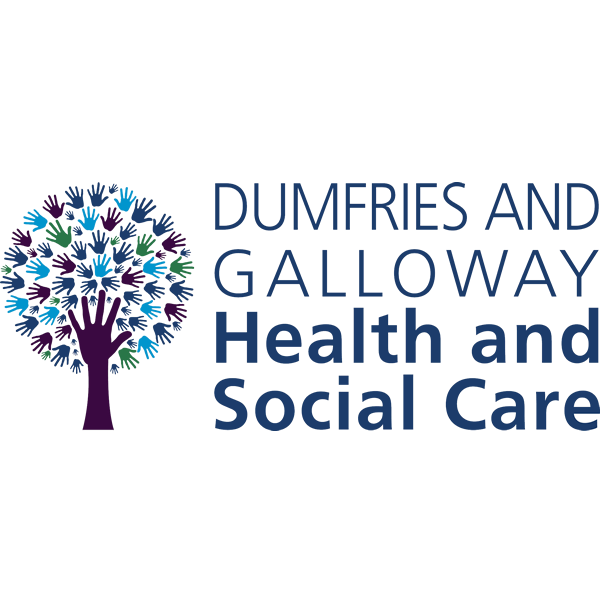Section 53 of the 2007 Adult Support and Protection (Scotland) Act states harm includes all harmful conduct and, in particular includes:
· conduct which causes physical harm,
· conduct which causes psychological harm (for example by causing fear, alarm or distress),
· unlawful conduct which appropriates or adversely affects property, rights or interests (for example theft, fraud, embezzlement or extortion),
· conduct which causes self-harm.
Section 3(2) makes clear that an adult is at risk of harm if:
· another person's conduct is causing (or is likely to cause) the adult to be harmed, or
· the adult is engaging (or is likely to engage) in conduct which causes (or is likely to cause) self-harm.
No category of harm is excluded. The Act encompasses all types of harm.
